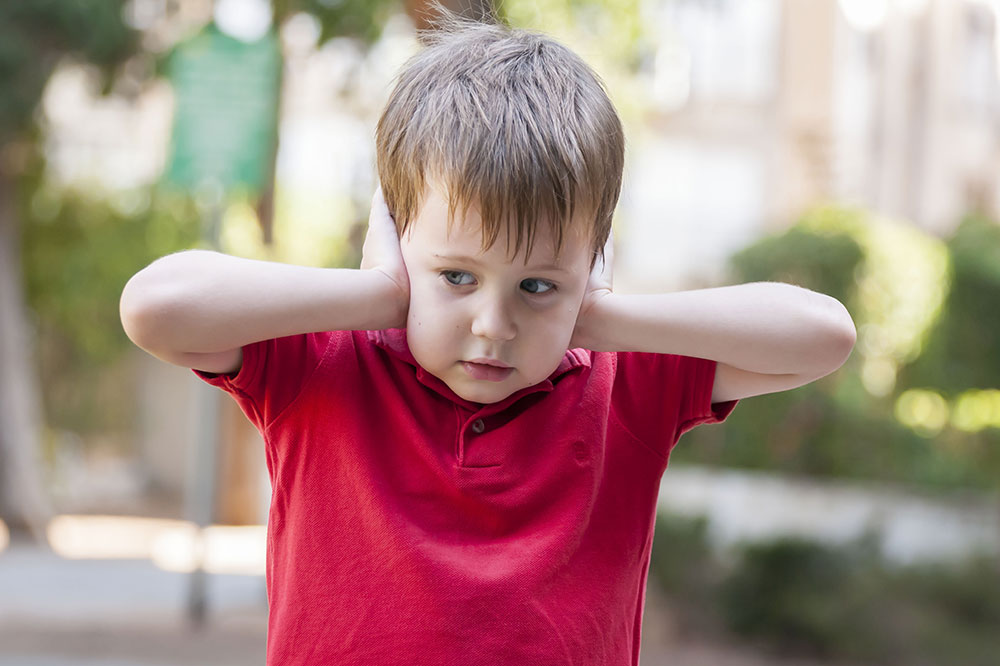6 early indicators of autism in children

Every parent strives to foster their child’s physical and mental well-being. Autism spectrum disorder (ASD) is a particular mental disorder parents should be aware of. It is a common developmental disability resulting in impaired cognitive, behavioral, affective, and social functioning. Thankfully, a timely diagnosis and expert intervention can help control its symptoms. In children, the early signs of autism appear between 12 to 18 months of age and sometimes prior.
Repetitive movements
Repetitive movements, including hand flapping, rocking, twirling, and turning switches on and off, can indicate the onset of autism. Some studies suggest that such repetitive behavior displayed by patients is associated with an imbalance of corticostriatal connectivity.
Echolalia
While repeating words and phrases is a natural part of child development, kids with autism often engage in excessive verbal repetitions, known as echolalia. Such repetitive speech tends to persist beyond three years of age and is particularly prominent among children with autism who are grappling with delayed speech development.
Lack of eye contact
Researchers believe that a lack of eye contact is one of the primary indicators of the disorder. Since this lack of eye contact stems from the child’s inability to communicate and interact with others, it is typically accompanied by the inability to partake in and sustain social interactions and engage in non-verbal communication.
No response to facial expressions and gestures
Children with autism often cannot recognize and respond to facial expressions and other nonverbal cues. Thus, they may not smile back when smiled at or spot objects that others point at. Similarly, they may not be able to communicate through facial expressions and gestures.
Sudden loss of speech and social skills
Some children may be affected by regressive autism, a condition in which they develop speech and social skills normally but suddenly lose these facets. In these cases, they may not be able to communicate through speech and often be oblivious to the social environment around them. Regressive autism typically develops between 15 and 30 months of age.
Self-injurious behavior
These are behaviors that cause physical harm to oneself. Head banging (banging one’s head on walls and other surfaces) and self-biting are common self-injurious behaviors among children with autism.



